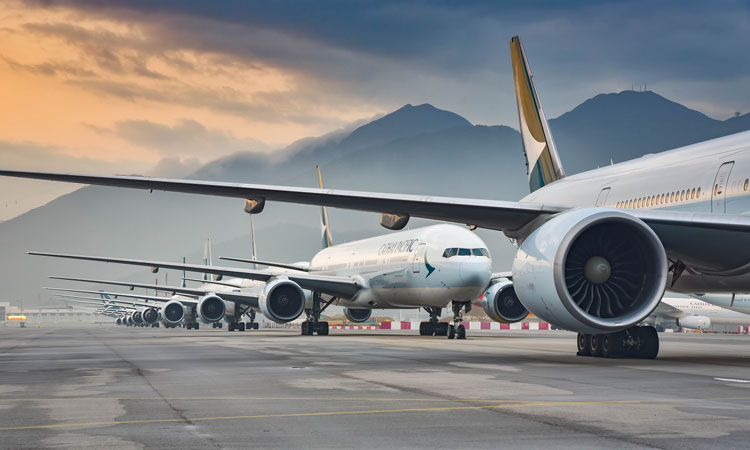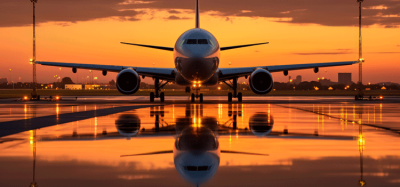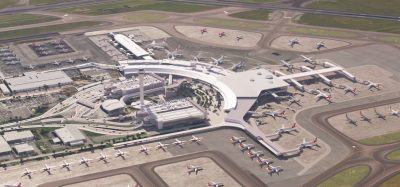Blocked airline funds could slow recovery, says IATA
- Like
- Digg
- Del
- Tumblr
- VKontakte
- Buffer
- Love This
- Odnoklassniki
- Meneame
- Blogger
- Amazon
- Yahoo Mail
- Gmail
- AOL
- Newsvine
- HackerNews
- Evernote
- MySpace
- Mail.ru
- Viadeo
- Line
- Comments
- Yummly
- SMS
- Viber
- Telegram
- Subscribe
- Skype
- Facebook Messenger
- Kakao
- LiveJournal
- Yammer
- Edgar
- Fintel
- Mix
- Instapaper
- Copy Link
Posted: 19 August 2021 | International Airport Review | No comments yet
Governments are preventing nearly $1 billion of airline revenues from being repatriated.


The International Air Transport Association (IATA) urged governments to abide by international agreements and treaty obligations to enable airlines to repatriate close to nearly $1 billion in blocked funds from the sale of tickets, cargo space, and other activities.
“Governments are preventing nearly $1 billion of airline revenues from being repatriated. This contravenes international conventions and could slow the recovery of travel and tourism in affected markets as the airline industry struggles to recover from the COVID-19 crisis. Airlines will not be able to provide reliable connectivity if they cannot rely on local revenues to support operations. That is why it is critical for all governments to prioritise ensuring that funds can be repatriated efficiently. Now is not the time to score an ‘own goal’ by putting vital air connectivity at risk,” said Willie Walsh, IATA’s Director General.
Approximately $963 million in airline funds are being blocked from repatriation in nearly 20 countries. Four countries: Bangladesh ($146.1 million), Lebanon ($175.5 million), Nigeria ($143.8 million), and Zimbabwe ($142.7 million), account for over 60 per cent of this total, although there has been positive progress in reducing blocked funds in Bangladesh and Zimbabwe of late.
“We encourage governments to work with industry to resolve the issues that are preventing airlines from repatriating funds. This will enable aviation to provide the connectivity needed to sustain jobs and energise economies as they recover from COVID-19,” said Walsh.

















